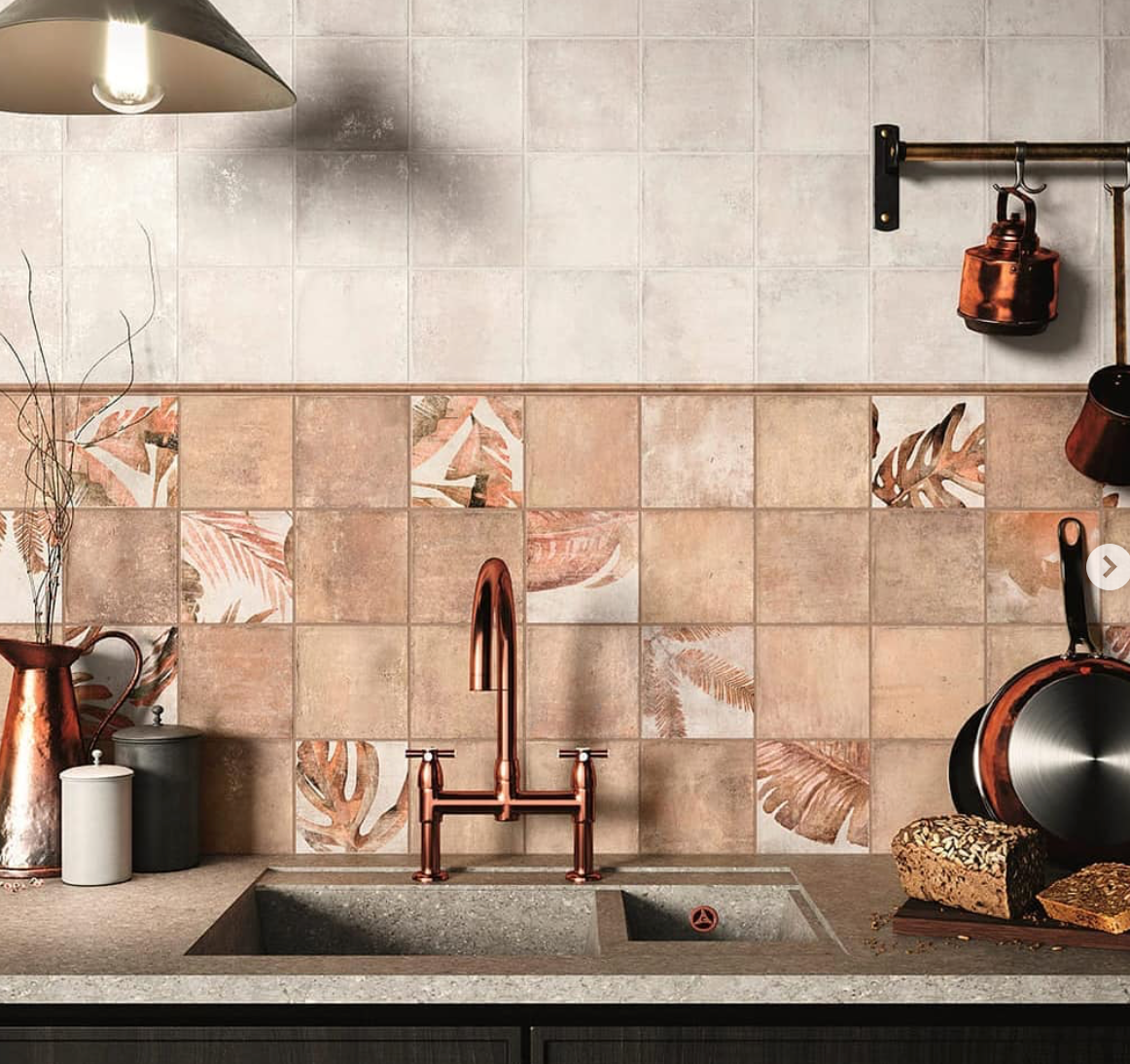
Our Top Five Tips for Choosing the Right Tiler
Choosing the right tiles can be quite a challenging task but an even more gargantuan exercise is finding the right tiler. Here are some tips on how to find the right person for the job.
The More Information, the Better
When you go to a tile shop it is important that you give all the information you have - from accurate square meterage the tiles need to cover, the type of tile you want, the substrate the tiles will be glued to, whether they are for interior or exterior use – all these elements have an important role to play.
The Power of the Spoken Word
“Word of mouth” from friends and family is a powerful tool. Ask to see the work. Look out for tight spaces like corners, behind toilets, around taps and door frames to see how well the tiler executed the job.
Social Media is a Virtual Portfolio of Work
It is always helpful to explore social media channels for the work of a tiler. If the page is set up well, you will have access to reviews too. Likewise, a Google search will provide some much-needed insight. Some businesses are small and prefer to use social media and that is fine, but for those who don’t have any form of visual presence – website or otherwise is a red flag.
Test Your Choice of Tiler
Once you have found one you like, when you have the quote, ask questions – even if you know the answer. If you don’t know the answer, make sure you understand what they mean and that they mean what they say, and that you are both on the same page. It is common practice for a tiler to include a 10-15% extra for tiles purchased in case of damage, chipping when on the job. If you don’t see it, ask about it.
While in the quotation phase, ask the tiler about the measurements and grouting gaps. A great tiler will know not to lay the tiles too tightly because walls move, and will make allowances for this. For corners, make sure the tiler has included expansion joints or a soft joint. These expansion joints will absorb the movement without cracking or popping the tiles. The substrate the tiles will adhere to will need to be correct to. If the substrate isn’t right, the tiles won’t stick, may pop off, could crack – any number of things. It is the job of the tiler to know what to do to make the substrate suitable if it isn’t. If he arrives and says there is a problem with the substrate, rather listen to the tiler and get that fixed first.
For a great tiler to do his job effectively, it is important to make sure your tiles are of the highest quality from reputable tile companies because the “products will guarantee the workmanship,” said Billy Sebrandt of V&L Innovations. On the other hand, while great products ensure quality workmanship, Billy says “There are no substitutes for ‘know-how’” either.
By performing your due diligence from the supplier and the tiler and following these guidelines, you can relax and enjoy the process of watching your vision of a newly tiled space become a beautiful reality.
